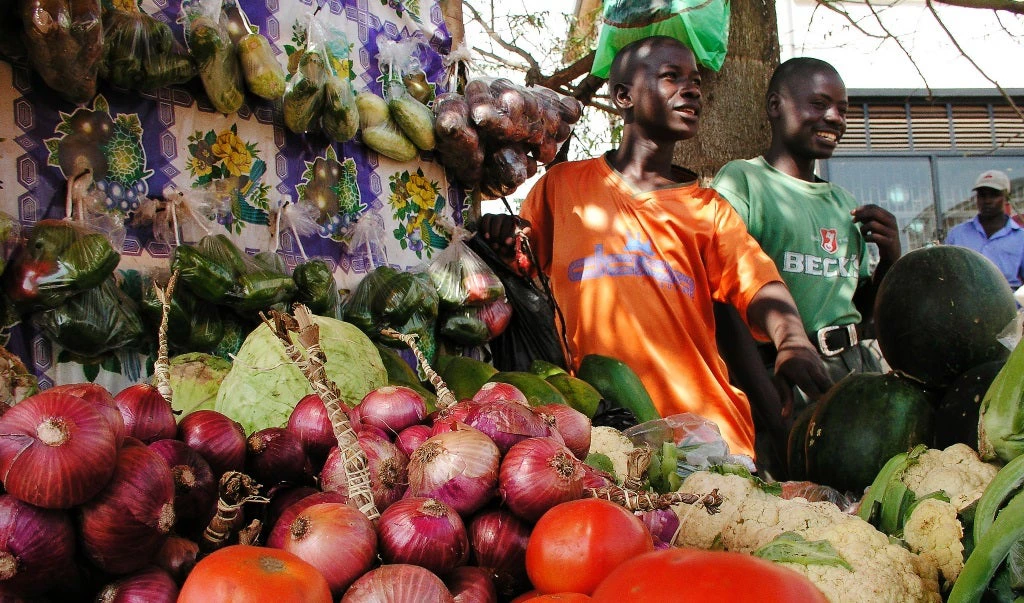
According to The Africa Competitiveness Report 2017, Africa is forecasted to produce just 100 million new jobs by 2035, while the working age population is projected to grow by more than 450 million. The fastest population growth will occur in the 15 to 35-year-old demographic. This growing working-age population presents both an opportunity and a potential risk to Africa’s future prosperity. To ensure these new workers engage in productive livelihoods and prevent significant increases in extreme poverty and civil unrest, governments will need to enable job creation, including scaling cost-effective livelihood development programs targeting the extreme poor. Described below is a cost-effective approach which is yielding promising results and scaling through results-based financing.
The graduation approach
Supporting small businesses is one viable approach for helping people living in extreme poverty develop livelihoods. Some interventions that policymakers for long thought were effective — such as microloans—have not proven effective in sustainably increasing incomes of the extreme poor. The graduation approach, on the other hand, has been shown to have positive, sustained impacts on participants’ consumption and asset accumulation, among other benefits, helping the extreme poor develop sustainable livelihoods. Graduation programs typically provide a time-bound sequence of interventions that include a cash or asset transfer, training, ongoing mentoring, and access to savings and financial services. But graduation can be costly and complicated to implement.In this context, the Village Enterprise’s program was launched in Uganda and Kenya with a group-based, entrepreneurship-focused graduation approach in 2011. This innovative program involves starting three-person, group-based businesses and delivering training through business savings groups with 30 participants. The program is limited to one-year, compared to two to three years in most other graduation programs. With the group-based model, and shorter duration, the program is much less costly than many others (roughly a third of the cost of the least costly graduation program evaluated in the six-country study published in Science).
Promising impacts
To evaluate the impact of this innovative graduation approach, Innovations for Poverty Action (IPA) conducted a large-scale randomized controlled trial (RCT) of the Village Enterprise program in Uganda. The study measured both the impact of the approach and the impact of a cash transfer of the same value as the graduation package of services, to see if a simple cash transfer could achieve similar results.Key findings from the RCT include:
- Village Enterprise’s program led to increased annual consumption, assets, and income, as well as improvements in nutrition and subjective well-being among participants. Higher consumption included greater food security and dietary diversity as well.
- Cost-effectiveness of Village Enterprise’s program appears high: researchers estimate a full cost recovery within three to four years.
- The “cost-equivalent” cash transfer had less promising impacts on poverty reduction and subjective well-being than the Village Enterprise program, indicating the additional services in the graduation package are needed for achieving impacts.
- Overall, the results suggest that training and mentorship components of integrated poverty alleviation programs are sensible and cannot simply be removed (or substituted for cash transfers).
Innovative financing for scale
Building on these positive RCT results, Village Enterprise was selected to be part of the first Development Impact Bond for poverty alleviation in Sub Saharan Africa. Development Impact Bonds, a form of results-based financing, are an innovative way of funding development interventions. An impact investor provides the initial working capital to start and run a project, and an “outcomes payer”, typically a development agency or philanthropist, pays the investors based on the outcomes achieved by the program. A “good” investment (one with greater poverty alleviation outcomes) has a higher payout.Village Enterprise and Instiglio, a pioneer in results-based financing, are partnering with the US Agency for International Development (USAID) and the U.K. Department for International Development (DFID) as outcome funders, with impact investors providing the working capital. IDinsight will conduct an RCT measuring consumption and asset outcomes, which will determine the repayment rate paid to investors. Global Development Incubator (GDI) is the trustee of the outcome fund, which serves as the central “clearinghouse,” and holds outcome payers’ funds in escrow until agreed-upon outcomes are verified through the RCT.
This unique payment-for-results model provides a guarantee that donor money will be linked to meaningful improvements in poverty alleviation outcomes and requires funders to pay back Village Enterprise and its investors only if outcomes are met.
Enabling job creation and livelihood development in the coming years will be critical to Africa’s future prosperity. For the Village Enterprise Development Impact Bond, the longer-term goal is to scale the fund so that it can increase the pool of capital available for job creation and livelihood development for the very poor in Africa while ensuring that measurable results are achieved.




Join the Conversation